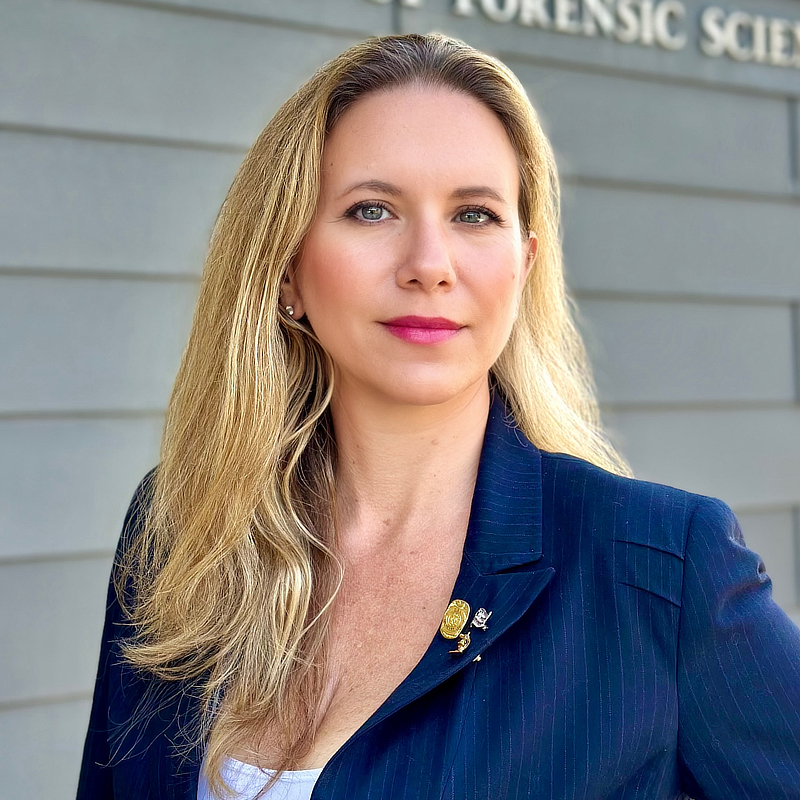
Brooke Weinger Kammrath, Ph.D.
Contact
Brooke W. Kammrath, Ph.D., ABC-GKE is a Professor of Forensic Science at the University of New Haven and Co-Executive Director of the Henry C. Lee Institute of Forensic Science. In addition, she works as a consulting criminalist where she is a qualified expert in both state and federal courts. She received her Ph.D. in Criminal Justice with a specialization in Forensic Science from the Graduate Center of the City University of New York in 2013. She has a BA in Chemistry from Northwestern University (2000), a M.A. in Chemistry Education from New York University (2003), a M.S. in Forensic Science and a M.A. in Criminal Justice from John Jay College (2007 & 2010), and a M.Phil. in Criminal Justice from the Graduate Center (2011).
Professor Kammrath is certified with the American Board of Criminalistics (ABC), is on the Board of Directors for the Eastern Analytical Symposium (EAS), is the past-president of the New York Microscopical Society (NYMS), is a past member of the Governing Board of the Society for Applied Spectroscopy (SAS), and is a member of several professional organizations (including the American Academy of Forensic Sciences and the Northeastern Association of Forensic Scientists). She is an Associate Editor of the Journal of Forensic Sciences and Applied Spectroscopy Practica. Dr. Kammrath is the co-editor of the books Portable Spectroscopy and Spectrometry I and II with Richard Crocombe, PhD., and Pauline Leary, PhD. and Solving Problems With Microscopy: Real Life Examples in Forensic, Life and Chemical Sciences with John A. Reffner, PhD, and the co-author of the book Blood Traces with Peter R. DeForest and Peter A. Pizzola, PhD. She has also co-authored 2 laboratory manuals, 11 book chapters, 26 journal articles, 4 encyclopedia articles, and over 100 professional conference presentations.
Professor Kammrath teaches a range of both undergraduate and graduate forensic science courses and has a varied research agenda that includes the uniting of microscopy with spectroscopy, applications of field portable instrumentation, the identification and characterization of microscopic samples of forensic interest, the statistical analysis of trace, pattern and impression evidence, and investigations into the significance and impact of physical evidence.
